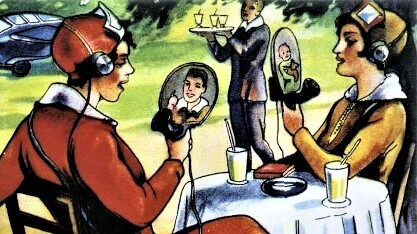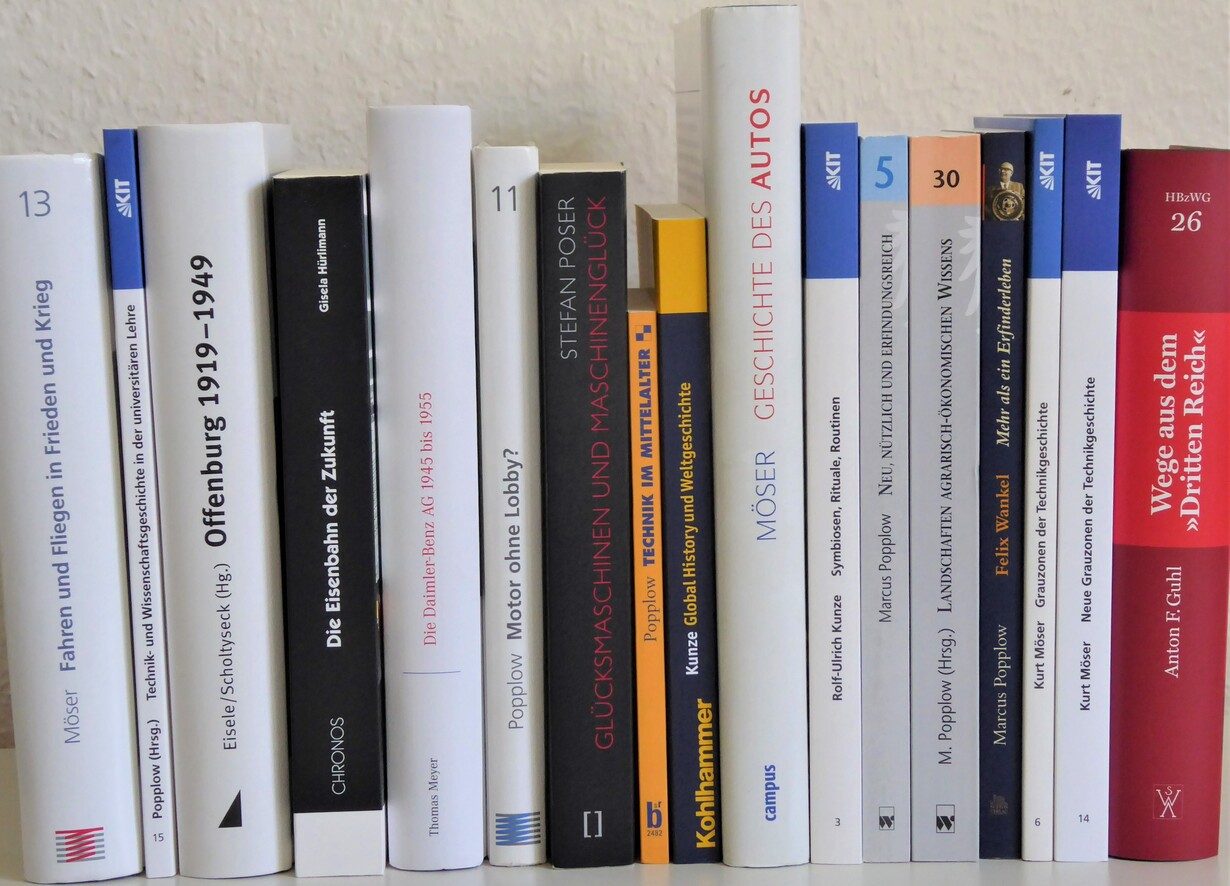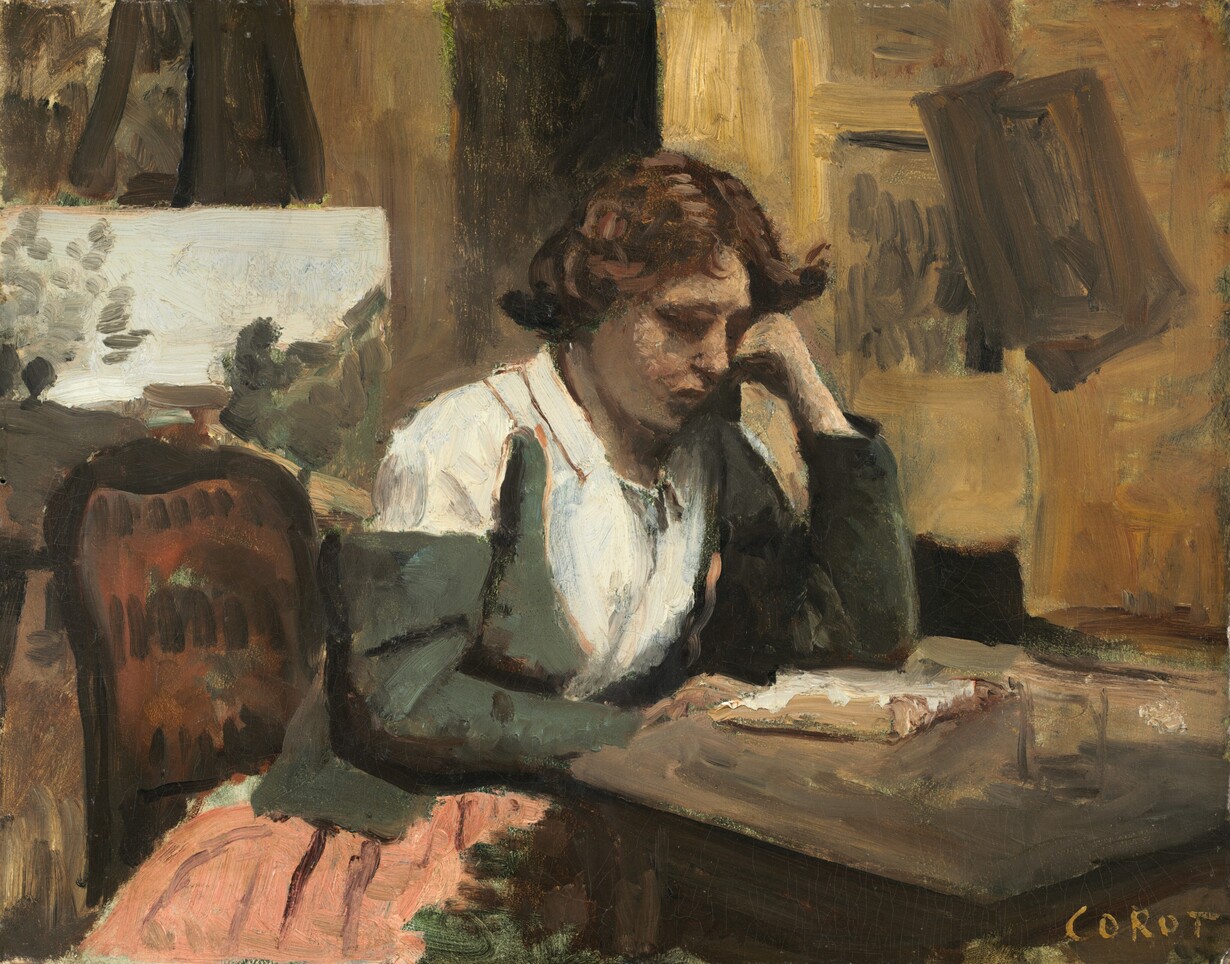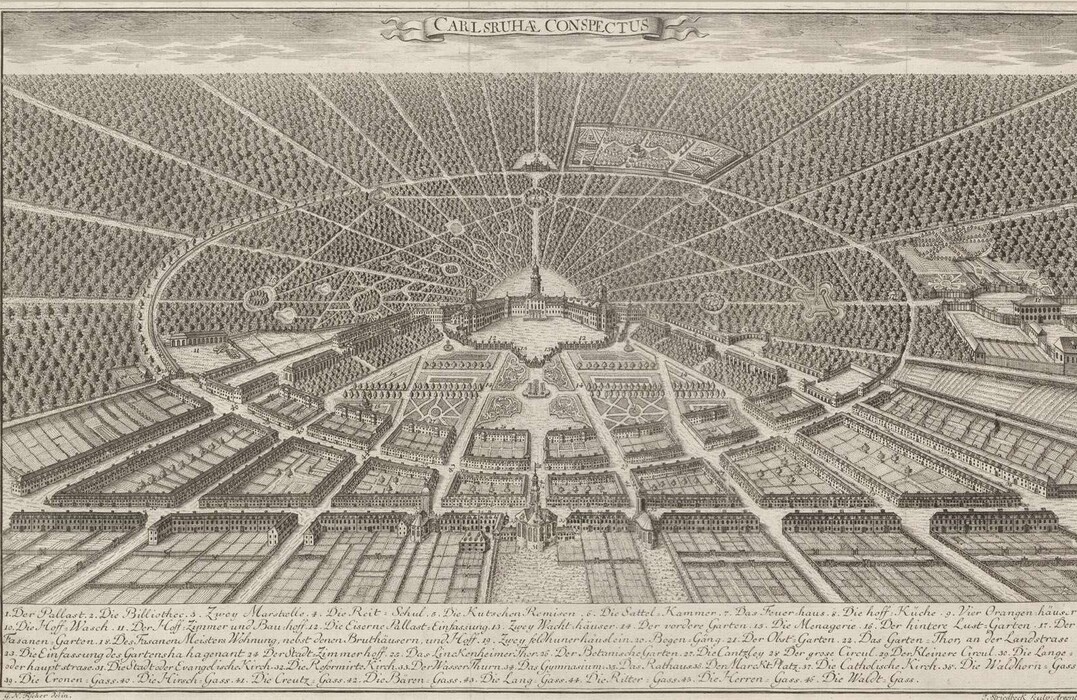
News

Research

Studies

Team

New Course of Study: LAS
Welcome to the Department of History
About Us
The Department of History at KIT has three main areas of research and teaching: The cultural history of technology and the environment, the political and general historyand the history of ideas, concepts and discourse. We offer our teaching in the BA program Liberal Arts and Sciences (Major: History of the Present) and in the MA program European Culture and History of Ideas (EUKLID). In addition, we are cooperation partner for historical topics at KIT and in the city and region of Karlsruhe, especially for the media.
As a branch of the Institute of Technology Futures, we contribute research results of technology and environmental history to the social debates on future issues. We define Technology Futures as the ways in which societies communicate about the future uses of technology - whether linguistically, with images, or by emotive persuasion. The historical perspective can thus uncover long-term continuities or ruptures in communication about future technological developments.
On our homepage you will find information about research projects, activities in teaching and studying, staff - and the Department's own history.
